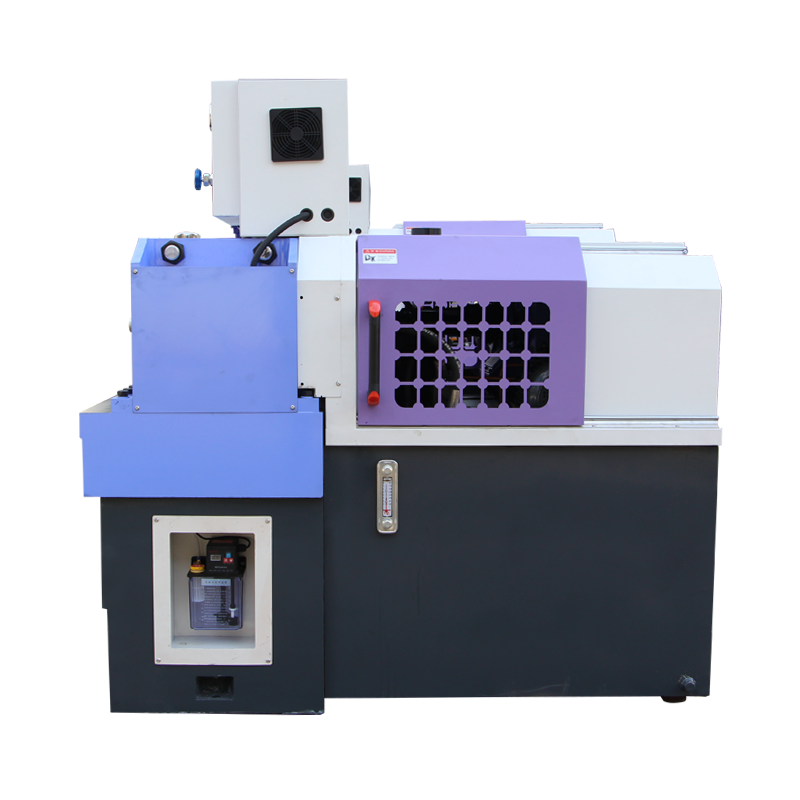
-
 Afrikaans
Afrikaans -
 Albanian
Albanian -
 Amharic
Amharic -
 Arabic
Arabic -
 Armenian
Armenian -
 Azerbaijani
Azerbaijani -
 Basque
Basque -
 Belarusian
Belarusian -
 Bengali
Bengali -
 Bosnian
Bosnian -
 Bulgarian
Bulgarian -
 Catalan
Catalan -
 Cebuano
Cebuano -
 Corsican
Corsican -
 Croatian
Croatian -
 Czech
Czech -
 Danish
Danish -
 Dutch
Dutch -
 English
English -
 Esperanto
Esperanto -
 Estonian
Estonian -
 Finnish
Finnish -
 French
French -
 Frisian
Frisian -
 Galician
Galician -
 Georgian
Georgian -
 German
German -
 Greek
Greek -
 Gujarati
Gujarati -
 Haitian Creole
Haitian Creole -
 hausa
hausa -
 hawaiian
hawaiian -
 Hebrew
Hebrew -
 Hindi
Hindi -
 Miao
Miao -
 Hungarian
Hungarian -
 Icelandic
Icelandic -
 igbo
igbo -
 Indonesian
Indonesian -
 irish
irish -
 Italian
Italian -
 Japanese
Japanese -
 Javanese
Javanese -
 Kannada
Kannada -
 kazakh
kazakh -
 Khmer
Khmer -
 Rwandese
Rwandese -
 Korean
Korean -
 Kurdish
Kurdish -
 Kyrgyz
Kyrgyz -
 Lao
Lao -
 Latin
Latin -
 Latvian
Latvian -
 Lithuanian
Lithuanian -
 Luxembourgish
Luxembourgish -
 Macedonian
Macedonian -
 Malgashi
Malgashi -
 Malay
Malay -
 Malayalam
Malayalam -
 Maltese
Maltese -
 Maori
Maori -
 Marathi
Marathi -
 Mongolian
Mongolian -
 Myanmar
Myanmar -
 Nepali
Nepali -
 Norwegian
Norwegian -
 Norwegian
Norwegian -
 Occitan
Occitan -
 Pashto
Pashto -
 Persian
Persian -
 Polish
Polish -
 Portuguese
Portuguese -
 Punjabi
Punjabi -
 Romanian
Romanian -
 Russian
Russian -
 Samoan
Samoan -
 Scottish Gaelic
Scottish Gaelic -
 Serbian
Serbian -
 Sesotho
Sesotho -
 Shona
Shona -
 Sindhi
Sindhi -
 Sinhala
Sinhala -
 Slovak
Slovak -
 Slovenian
Slovenian -
 Somali
Somali -
 Spanish
Spanish -
 Sundanese
Sundanese -
 Swahili
Swahili -
 Swedish
Swedish -
 Tagalog
Tagalog -
 Tajik
Tajik -
 Tamil
Tamil -
 Tatar
Tatar -
 Telugu
Telugu -
 Thai
Thai -
 Turkish
Turkish -
 Turkmen
Turkmen -
 Ukrainian
Ukrainian -
 Urdu
Urdu -
 Uighur
Uighur -
 Uzbek
Uzbek -
 Vietnamese
Vietnamese -
 Welsh
Welsh -
 Bantu
Bantu -
 Yiddish
Yiddish -
 Yoruba
Yoruba -
 Zulu
Zulu
CE Certification for Thread Rolling Machines in Industrial Applications and Safety Standards
Thread Rolling Machines Understanding CE Certification
Thread rolling machines are an essential piece of equipment in the manufacturing and metalworking industries, particularly for producing threaded fasteners and components with high precision. The process of thread rolling involves deforming the material to create threads, which is advantageous for enhancing the strength and durability of the final product. However, ensuring that these machines meet rigorous safety and quality standards is paramount. This is where CE certification comes into play.
CE certification is a mark that indicates conformity with health, safety, and environmental protection standards for products sold within the European Economic Area (EEA). For manufacturers of thread rolling machines, obtaining CE certification is not just a legal requirement but also a testament to their commitment to quality and safety. It assures customers that the equipment meets European safety standards, thus enhancing marketability.
The process to achieve CE certification involves several steps. Manufacturers must conduct thorough risk assessments and ensure that their machines meet the essential requirements set forth in relevant EU directives, such as the Machinery Directive. This involves ensuring that the machines are designed and constructed in a way that minimizes risks to operators while providing full functionality in thread production.
ce certification thread rolling machine

Furthermore, the machinery must undergo rigorous testing and evaluation, which often includes mechanical testing, electrical safety evaluations, and ergonomic assessments. Documentation plays a vital role in this process. Manufacturers must prepare a technical file that includes design and manufacturing details, risk assessments, and test results, which must be available for inspection.
Achieving CE certification not only enhances the safety and reliability of thread rolling machines but also expands market access. In many cases, stakeholders, including customers and distributors, prefer or even require CE certification as part of their purchasing criteria. By investing the time and resources needed for certification, manufacturers can position themselves as industry leaders dedicated to safety and quality.
In conclusion, CE certification for thread rolling machines plays a critical role in ensuring that these essential tools meet stringent safety and performance standards. It serves as a reassurance for users and manufacturers alike, fostering a culture of safety and quality that benefits the entire industry. Ultimately, the investment in CE certification is an investment in both the product's longevity and the company's reputation in the global market.
